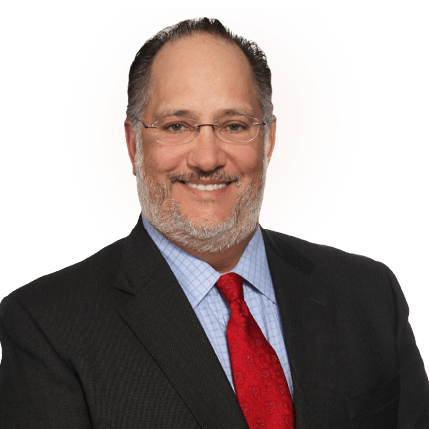In Judge Gorsuch's first opinion, the U.S. Supreme Court rules that an entity that purchases debt and then collects that debt is not a "debt collector."
On June 12, 2017, Judge Gorsuch issued his first written opinion since taking the bench on the Supreme Court. In Henson vs. Santander Consumer USA, the Supreme Court ruled unanimously that a company that purchases defaulted loans and then attempts to collect on those loans is not a "debt collector" under the FDCPA because the company is not attempting to collect a debt owed or due to another. This ruling resolves a split in the Circuit Courts on this issue. In essence, the Court held that the FDCPA is intended to regulate the actions of third-party debt collection agents, and that the FDCPA does not "care how a debt owner came to be a debt owner."
Much is already being written about Judge Gorsuch's alliterative style of writing. For example, the first sentence of the opinion reads:
"Disruptive dinnertime calls, downright deceit, and more besides drew Congress’s eye to the debt collection industry. From that scrutiny emerged the Fair Debt Collection Practices Act, a statute that authorizes private lawsuits and weighty fines designed to deter wayward collection practices."
as well as his prose:
"Given that, you might wonder whether extending our gaze from the narrow statutory provision at issue to take in the larger statutory landscape might offer petitioners a better perspective. But it does not. Looking to other neighboring provisions in the Act, it quickly comes clear that Congress routinely used the word "owed" to refer to present (not past) debt relationships."
and his commitment to statutory interpretation:
"In the very definitional section where we now find ourselves working, Congress expressly differentiated between a person "whooffers" credit (the originator) and a person "to whom a debtis owed" (the present debt owner). §1692a(4). Elsewhere, Congress recognized the distinction between a debt "originated by" the collector and a debt "owed or due" another. §1692a(6)(F)(ii). And elsewhere still, Congress drew aline between the "original" and "current" creditor. §1692g(a)(5). Yet no similar distinction can be found in the language now before us. To the contrary, the statutory text at issue speaks not at all about originators and current debt owners but only about whether the defendant seeks to collect on behalf of itself or "another.""
"For while the statute surely excludes from the debt collector definition certain persons who acquire a debt before default, it doesn’t necessarily follow that the definition must include anyone who regularly collects debts acquired after default. After all and again,under the definition at issue before us you have to attempt to collect debts owed another before you can ever qualify as a debt collector. And petitioners’ argument simply doesnot fully confront this plain and implacable textual prerequisite."
We can look forward to many memorable phrases from Judge Gorsuch in future opinions, as well as many more opinions dealing with the myriad of unresolved issues concerning debt collection practices.
For a copy of the full opinion, click here: https://www.supremecourt.gov/opinions/16pdf/16-349_c07d.pdf


